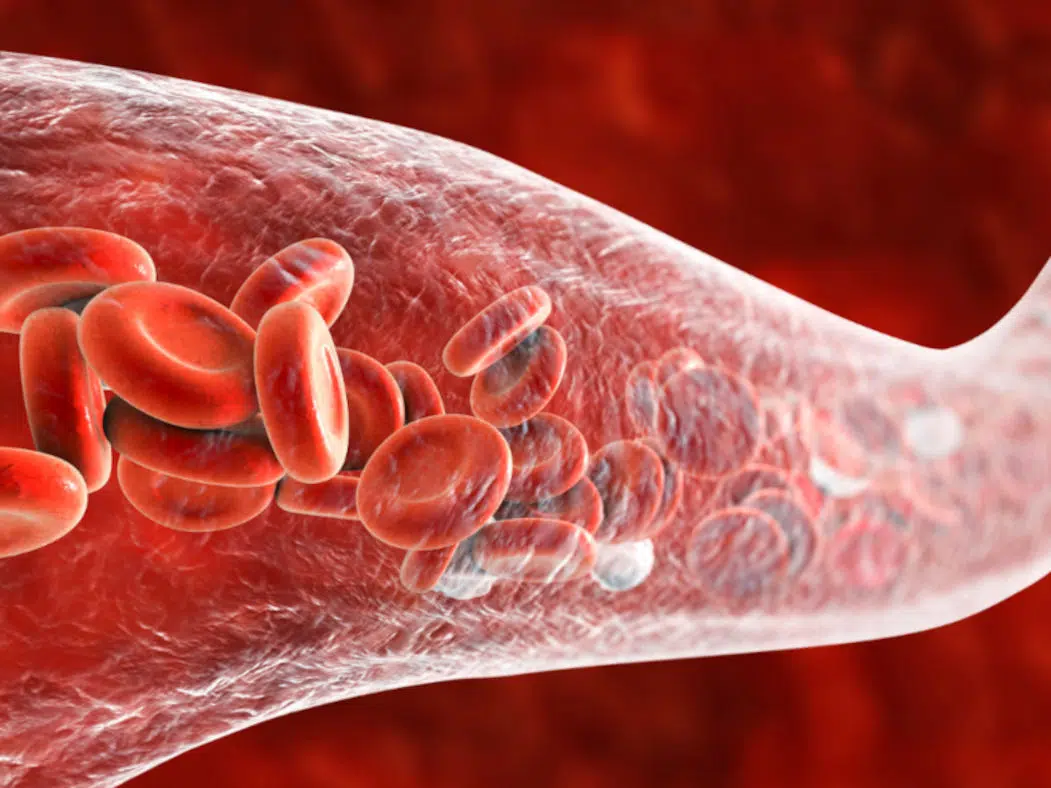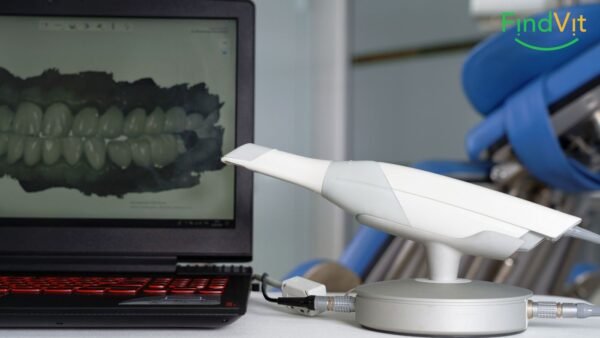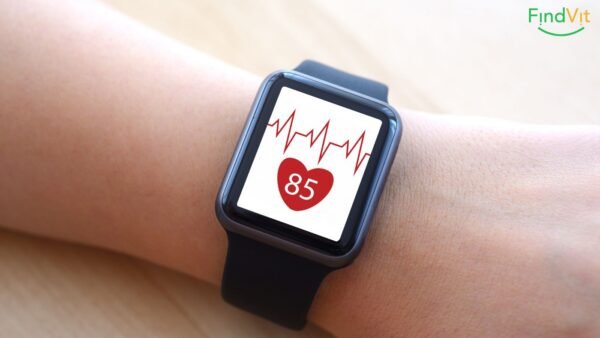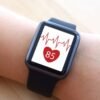What are blood vessels?
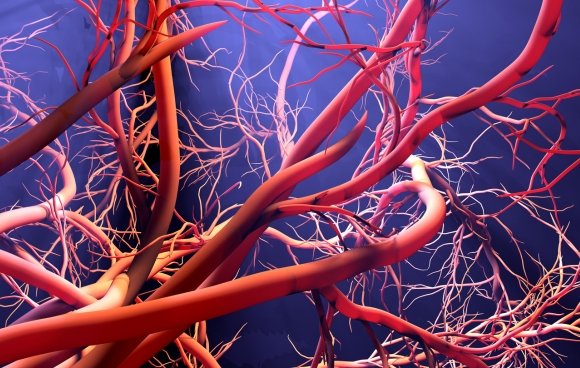
Blood vessels are the channels through which blood flows throughout the body. These channels form a closed loop, like a circuit, that starts and ends in your heart. Together, the heart's blood vessels and blood vessels make up your circulatory system. There are about 80,000 km of blood vessels in your body.
There are three types of blood vessels:
- Arteries. Carries blood from your heart.
- Veins. Carries blood back to your heart.
- Capillaries. The smallest blood vessels, connecting arteries and veins.
How does blood flow through your body?
Here's how blood flows through your body:
- Veins bring blood to the right side of the heart.
- Pulmonary arteries carry blood to the lungs, where it receives oxygen.
- The pulmonary veins carry oxygen-rich blood to the left side of the heart.
- The aorta (the main artery in your body) carries blood from the left side of the heart to the rest of the body through many branches of arteries.
- Capillaries have thin walls that allow oxygen, nutrients, carbon dioxide, and waste to pass through, into, and out of tissue cells.
- The veins then carry the blood back to your heart, and the process starts all over again.
Heart – the most important organ in our body
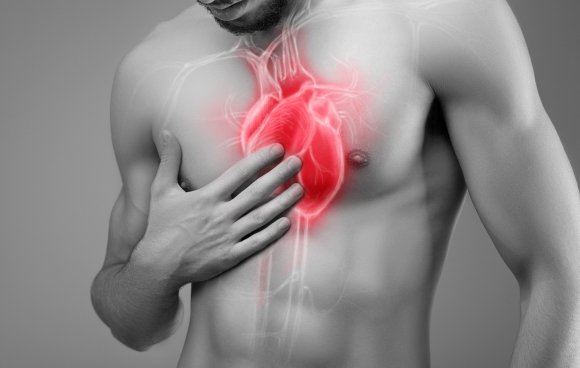
At rest, the heart beats more than 100,000 times a day. After each heartbeat, blood flows through the blood vessels. As the blood flows, the blood vessels dilate and contract again to a state of relaxation. This happens over 100,000 times a day.
When our tissues need extra blood, such as during exercise, stress, or sexual activity, our blood vessels need to dilate the most. If the blood vessels are not as elastic as they should be, our health can suffer.
The body's vasodilation function depends on the vascular endothelium, that is, the single-cell thickness of the inner vessels. In the endothelial cells of blood vessels, an enzyme called eNOS converts the amino acid L-arginine into nitric oxide, which causes blood vessels to dilate.*
Nitric oxide is a very simple molecule - one nitrogen and one oxygen atom with the chemical formula NO. Adequate production of nitric oxide in the blood vessels makes platelets less sticky and less likely to stick to blood vessel walls, which benefits cardiovascular health.*
Nitric oxide helps immune cells not stick to blood vessel walls, allows maintaining normal blood pressure and makes blood vessels more elastic.*
Benefits of Nitric Oxide Production in the body
When a sufficient amount of nitric oxide is produced in the blood vessels:
- blood vessels become more elastic;*
- normal blood pressure is maintained;*
- sexual arousal and erection occur normally;*
- cardiovascular health is strengthened.
So, as you can see, nitric oxide is very important for vascular health.* Its importance is also noted in 1998. three scientists were awarded the Nobel Prize in Physiology or Medicine for research that revealed the importance of NO in vascular health.
How can people support NO production in the body to promote vascular health?
The amino acid L-arginine is a crucial factor in ensuring adequate levels of NO in the blood vessels.* L-arginine is obtained from dietary protein or from dietary supplements.
Remember the enzyme eNOS that produces NO from L-arginine? Proper function of eNOS requires certain nutrient cofactors, including 5-MTHF (the active form of folate) and antioxidants such as vitamin C*.
Studies have shown that certain foods make eNOS work more efficiently, creating more nitric oxide. These nutrients include:
- Omega-3 fatty acids, obtained from fish oil.*
- green tea;*
- resveratrol;*
- lipoic acid;*
Cholesterol should also be monitored because it is high cholesterol amount can reduce NO production in blood vessels.
It has been shown that regular physical activity increases eNOS activity and contributes to increasing the elasticity of blood vessels.
A person should get a sufficient amount of protein (especially if they do sports or engage in other strenuous physical activities), eat fish 2-3 times a week, and fruits and vegetables rich in antioxidants.
How can I keep my blood vessels healthy?
There are various ways to improve the health of your blood vessels, including:
- Eat a healthy, balanced diet that is low in sodium, cholesterol and saturated fat.
- Exercise regularly.
- Control your blood pressure.
- Quit smoking.
- Reduce your alcohol consumption.
If you want to know which health supplements the most appropriate at the moment , take the test "Your Day" and find out personal recommendation!
*VMVT has not evaluated these statements. This product is not intended to diagnose, treat, cure or prevent any disease.
